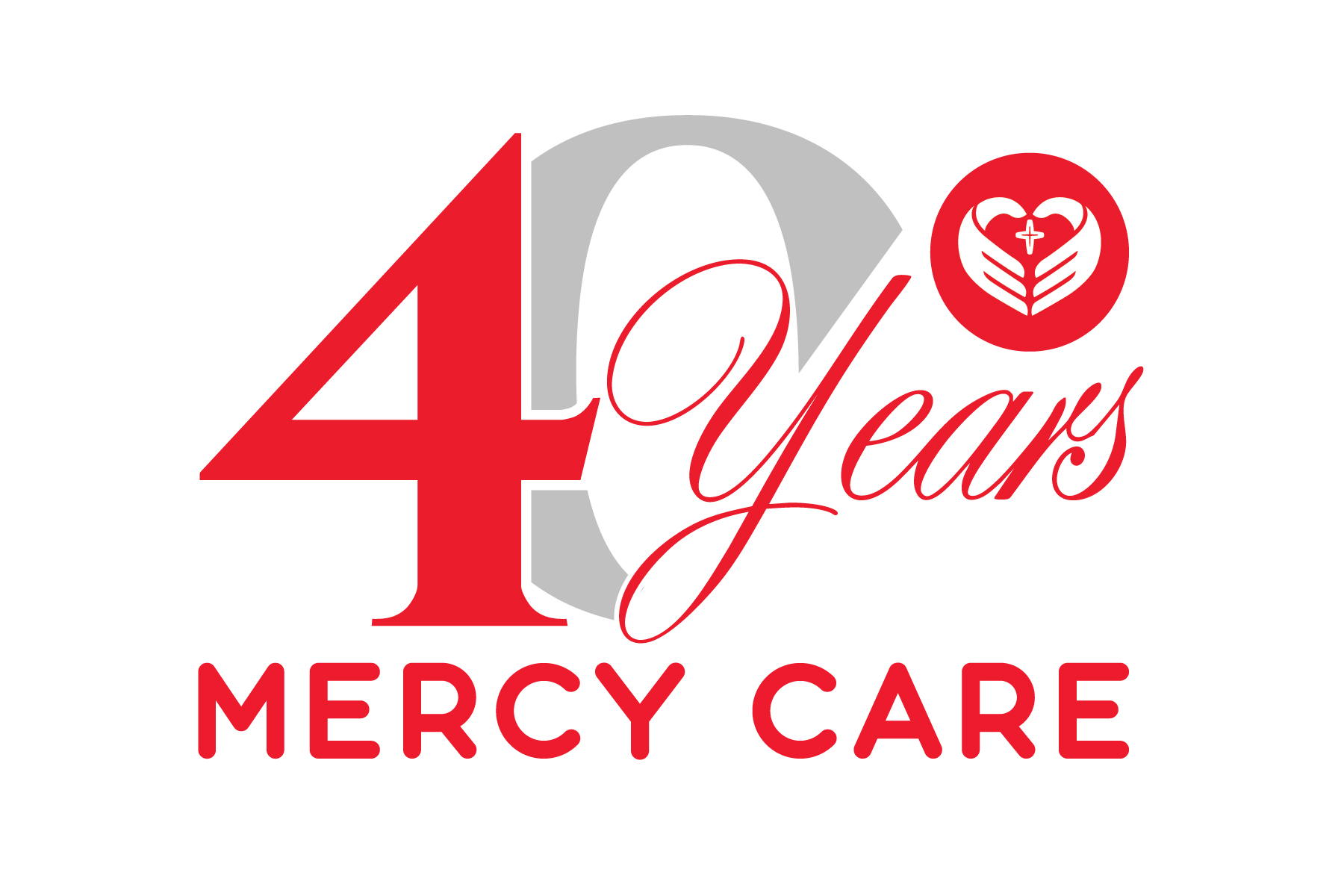
Quit for your healthy future
Each year during the month of April, a number of people and organizations across the U.S. observe alcohol awareness month. According to the National Council on Alcoholism and Drug Dependence, the observance was created as an effort to increase outreach and education regarding the dangers of alcoholism and other issues stemming from alcohol.
“Alcoholism is when someone has developed a physical dependence to alcohol and quitting without professional treatment could result in death,” Mercy Care substance abuse counselor, Clarence Fuller, said. “It’s a devastating disease that claims the lives of over 88,000 Americans each year.”
Approximately 17% of men and 8% of women will become dependent on alcohol at some point in their lifetime, according to the CDC. Although anyone can become dependent on alcohol, studies show that a family history of addiction can put that person at a higher risk to develop alcoholism in their lifetime.
Excessive alcohol use can lead to developing chronic diseases and other health problems that include high blood pressure, heart disease, weaker immune system, depression, or anxiety.
Although there are many risks associated with heavy drinking, some studies show that moderate drinking may provide some benefits. Moderate drinking lowers the risk of heart disease, stroke and helps strengthen bones.
“It’s recommended that men and women follow the moderate drinking rule, which limits men to two drinks per day and women to one drink per day,” Clarence explained. “The blood alcohol level of women will be higher than men, even after including the difference between body weight. Science has found that women produce smaller amounts of alcohol dehydrogenase, a small enzyme that breaks down alcohol in the body.”
For anyone suffering from this disease, Mercy Care is here to help. Although the only real cure for alcoholism is abstinence, there are different treatment options available for everyone.
“Each scenario is unique, so treatment options may vary,” Clarence added. “We use different treatments to help find where the dependence came from and from there, we work to fix the problem. Mercy Care can also prescribe different medications, such as Naltrexone, which blocks the feeling that alcohol will typically cause and takes away the cravings, making it less likely for them to fall into a relapse.”
Relapse is extremely common for those who don’t have the necessary support group or who are surrounded by negative environmental factors.
If you or your loved one find themselves struggling with alcoholism, you can call 678-843-8600 and ask to speak to a member of our behavioral health team. Mercy Care has certified addiction counselors that offer full assessments and connection to ongoing care, such as support groups and individual counseling.
“My approach is to educate,” Clarence expressed. “The more you know about your disease, the less likely you are to be involved. I like to call our treatment a ‘social network’ because it takes communicating to start working toward your better life.”




